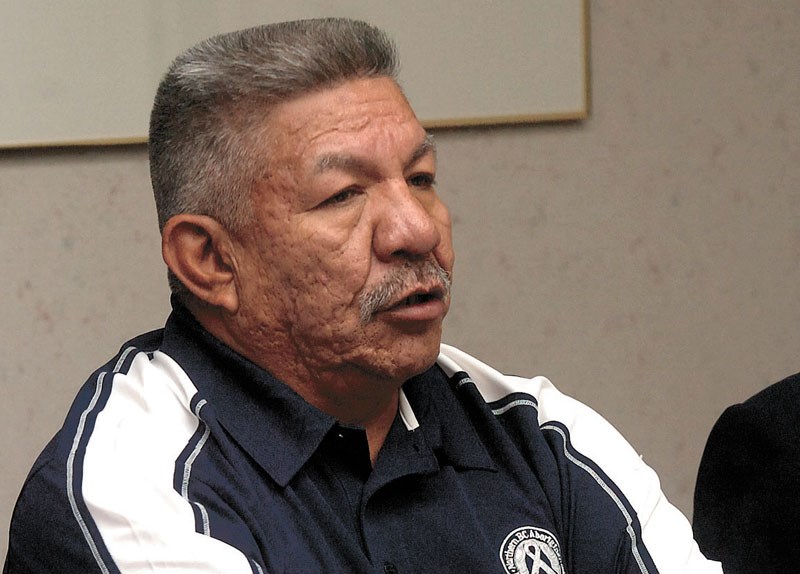The two higher learning houses of Prince George are opening the floor to discuss the landmark court case that has all of Canada wondering.
The Supreme Court of Canada ruled last week on the so-called William Case, otherwise known as the Tsilhqot'in case. The Tsilhqot'in is the First Nation (there are several collected under one governance body) directly to the south of Prince George and west of Williams Lake.
Leading the initial interpretation (there are differing opinions) of the Supreme Court decision is, specifically, the Tsilhqot'in people had to consent to a planned logging operation on their greater traditional territory (not confined to their reserves), not be merely consulted on the tree harvest proposal.
By precedent, industry and other levels of government are now on notice that each project they envision - liquified natural gas, oil, mining, tourism, forestry, agriculture - might well need the sign-off of the original inhabiting native populations the project may touch, especially if that project is on lands that was never ceded by battle or business treaty.
Most local land fits this description. But how does this court case actually apply on the ground? The College of New Caledonia and University of Northern BC have joined forces to organize a panel of aboriginal local experts in the field of law, leadership and land-use.
CNC spokesman Randall Heidt explained, "The public is invited to hear guest panelists such as Lheidli T'enneh chief Dominic Frederick and Carrier Sekani tribal chief Terry Teegee. The panel will also include Mavis Erickson, a respected local aboriginal lawyer and activist for aboriginal women's rights, UNBC professor Paul Michel, Marlene Erickson (who is) CNC's acting-director of Aboriginal Education and others."
The Supreme Court's decision was 8-0 in favour of the ruling authored by Chief Justice Beverley McLachlin. It did give the federal and provincial governments some ways to proceed with economic development on unceded territory, but the onus is now heavy to make decisions with the First Nation of record intrinsically involved in the planning.
"Understanding that time will be needed for legal analysis and interpretation, it is important to begin the dialogue in a positive way and leave the door open for further discussions as more information becomes available," said Marlene Erickson. "This ruling comes at a time that many First Nations face a crisis in education and employment, which is only magnified by the booming resource development in the North. The Tsilhqot'in ruling will forge a new relationship between Canada, British Columbia and First Nations."
The public panel discussion will happen Wednesday from 11:30 a.m. to 1 p.m. at the CNC Gathering Place Atrium.
"Everyone is welcome to join the dialogue on how we can begin to understand what aboriginal title is, and how to understand the perspective of the First Peoples who have rights to the land," said Heidt.
"Most importantly, we will set the stage for positive interactions as we move forward together as a community," Erickson said.
A video link from the event will be established with CNC campuses in Fort St. James, Vanderhoof and Burns Lake.



